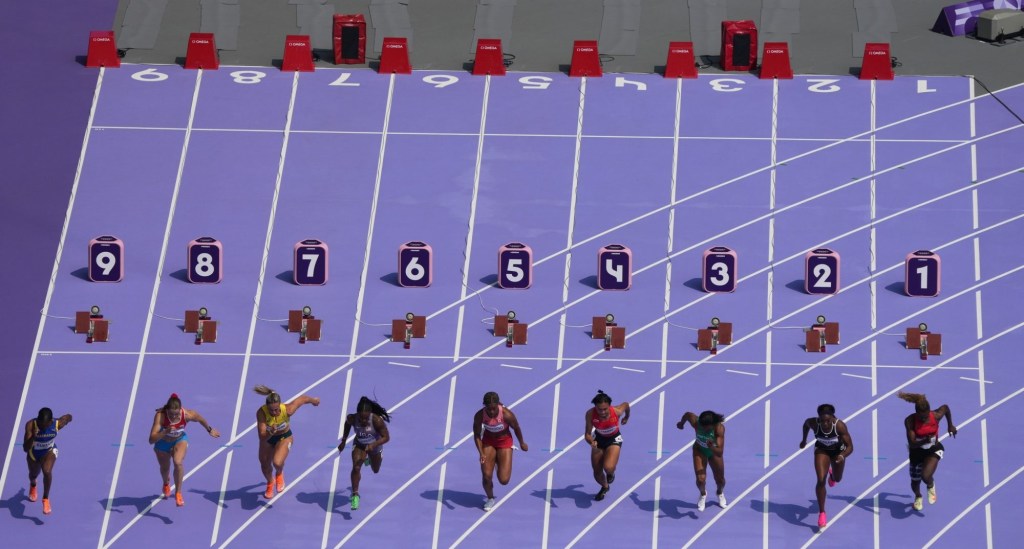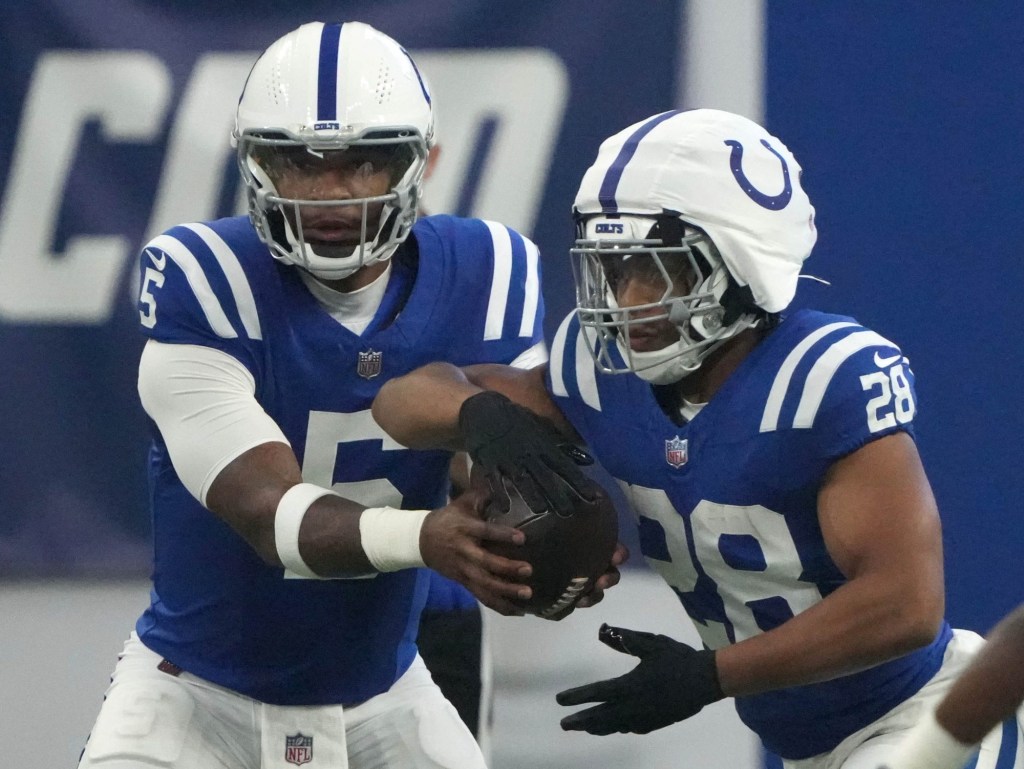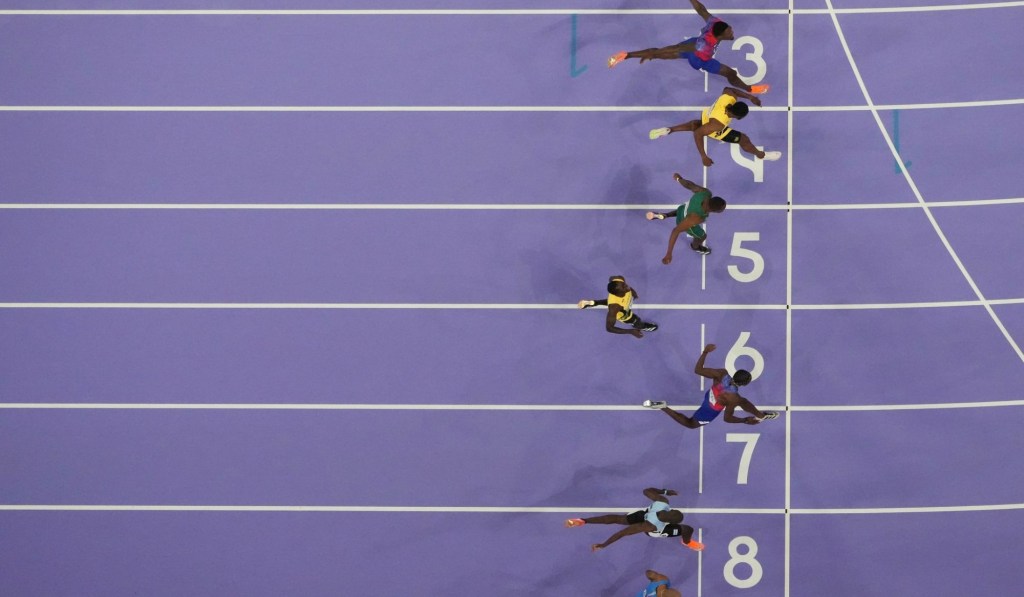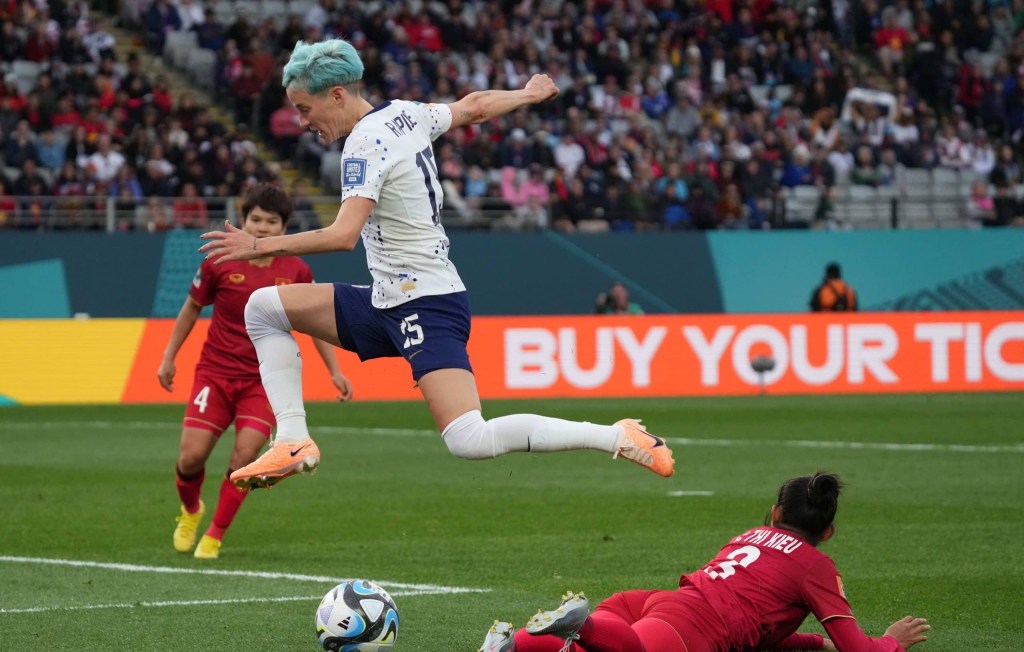
Photo via Alibaba
Alibaba, China’s massive e-commerce company, is making its presence felt in sports.
The Chinese company first entered the sports realm in 2017, signing a long-term partnership with the IOC to become the official “Cloud Infrastructure and Services” and “E-Commerce Platform” partner of the Olympics.
Heading into the 2020 Tokyo Olympic games, Alibaba has partnered with Intel with intentions to develop the first AI-powered 3D tracking technology. The partnership will utilize Alibaba’s cloud computing with Intel’s hardware and deep-learning algorithms.
The partnership with Intel will hopefully bring Alibaba more name recognition and insight into the company’s operations, said Joey Tan, Alibaba Cloud head of global initiatives and general manager of sports business unit.
“It’s just getting the brand out there,” Tan said at CES this week in Las Vegas.
Alibaba Cloud is the world’s third largest cloud provider, behind Microsoft and AWS, and its foray into sports has all been cloud-driven. Tan said Alibaba’s exploration into sports is about four key points: digitizing fan engagement, innovative broadcasts, cost-effective operations, and high-performance athletic training.
READ MORE: Inside Sports Tech Tokyo’s Aspirations to Be Gateway to Asia for Sports Tech Businesses
At the first Olympics as a sponsor, the company put on the Alibaba Olympic Games Showcase at PyeongChang in 2018. The immersive and interactive exhibit gave more than 100,000 attendees a glimpse at how technology can change future games.
In September 2018, Alibaba partnered with the Olympic Broadcasting System to launch the OBS Cloud to digitize broadcasting of the 2020 Olympics. The OBS Cloud helps streamline broadcasting workflow.
The OBS Cloud also goes along with the announcement of the Intel partnership, which will create deeper conversation around performance tracking by giving fans insights into the world-class athletic performances.
“It’s creating better athletic content to tell better stories,” Tan said. “It’s for broadcasters to tell wonderful stories, but at the same time, use it for teams and federations to do more fine-tuning with the athletes.”
[mc4wp_form id=”8260″]
Alibaba holds lots of American sport broadcasting rights in China. The company won Pac-12 rights and the ability to broadcast 175 events annually. The company’s streaming arm, Youku, won rights to the 2018 FIFA World Cup. Youku also has a partnership with the NFL.
Sports were a natural fit for the evolution of the Alibaba company, Tan said, as founder Jack Ma believes strongly in “health and happiness.”
Alibaba has so much technology in the retail realm, and Tan said they’re pulling that technology and applying it to sports — helping showcase the company to a wider audience.
READ MORE: Toyota Grows Olympic Involvement With Six New Partnerships
“We are using the Olympics as a primary showcase of our abilities,” he said. “Sports brings health and happiness, so in 2017 we said ‘let’s make the health and happiness vision true.’”
In December, Alibaba launched the Olympic Store on Tmall, the Chinese retail website operated by Alibaba. Chinese fans can purchase Tokyo 2020 and Beijing 2022 products all year. There are additional plans to launch a global e-commerce platform.
There are no major immediate plans to enter the U.S. market with its sports products, but Tan said the U.S. is certainly on the radar screen.
“The U.S. is one of the biggest markets in the world when it comes to sports consumers,” he said. “Our first strategy is with Intel and working closely with the USOC.”
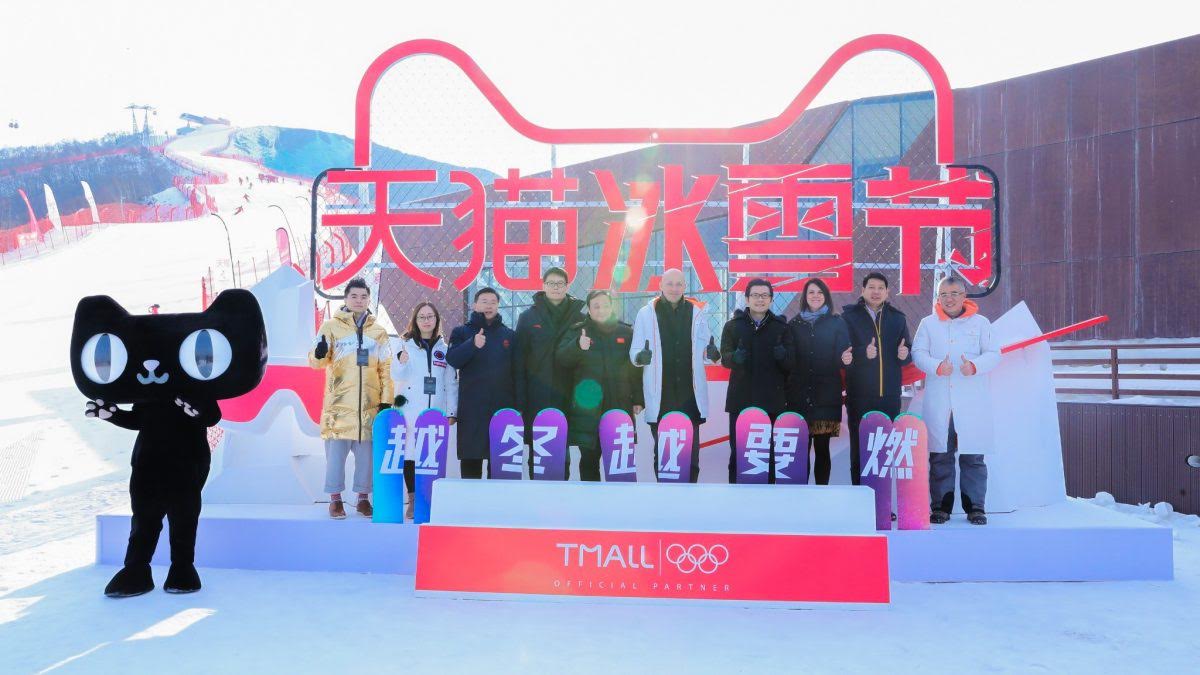

![[Subscription Customers Only] Jul 13, 2025; East Rutherford, New Jersey, USA; Chelsea FC midfielder Cole Palmer (10) celebrates winning the final of the 2025 FIFA Club World Cup at MetLife Stadium](https://frontofficesports.com/wp-content/uploads/2026/02/USATSI_26636703-scaled-e1770932227605.jpg?quality=100&w=1024)










